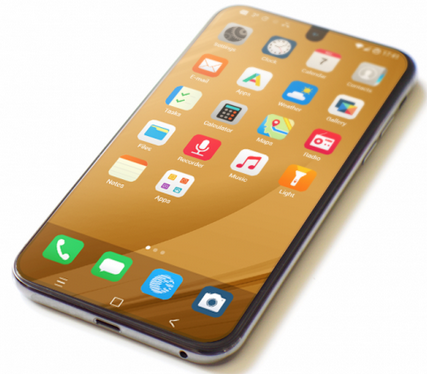Hi all, I have recently purchased a Fairphone FP5 running /e/OS.
I am unsure what to make of the ability to download Google apps “anonymously”.
Firstly, big applause for the fact that every time I try to to that, there is a provacy warning: I like that feature. If you give someone the ability to re-Google a de-Googled phone then it is absolutely right to flag up that there is a risk, every time they do so. I also note from the T’s & C’s that by doing so, the app itself gets a connection to the Google eco-system that neither Murena nor /e/OS/ takes responsibility for. All good: you give us that choice and warn us.
But how far would I be compromising my privacy by doing this?
Having installed just one app from the G Play store, how far does Google get to TIA my phone through that one app? (That is their prvacy-busting tech that fingerprints my device f0r future reference – see the expose by Snowden and others).
If I only install (say) You-Tube anonymously and never log in, does Google potentially learn anything about me?
If I install a second app. also anonymously, is there anything in the /e/OS/ system that prevents G from cross-matching those two anonymous apps?
Finally, if I install a third app and log in, does G then get to cross match that login with both the anon logins?
How much safer would I be if instead I kept all my Play Store apps on a separate device, running the fully-Googled Android, knowing that everything on that phone is potentially compromised? I need to understand exactly how big the risks are, before choosing to carry the extra hassle of using that extra phone.
Note: I did try to do a search on this, but could find nothing more recent than 2021, and that predates my FP5 by a few years. I am hoping things have been tightened up in the last 3 years…
Regain your privacy! Adopt /e/OS the deGoogled mobile OS and online services